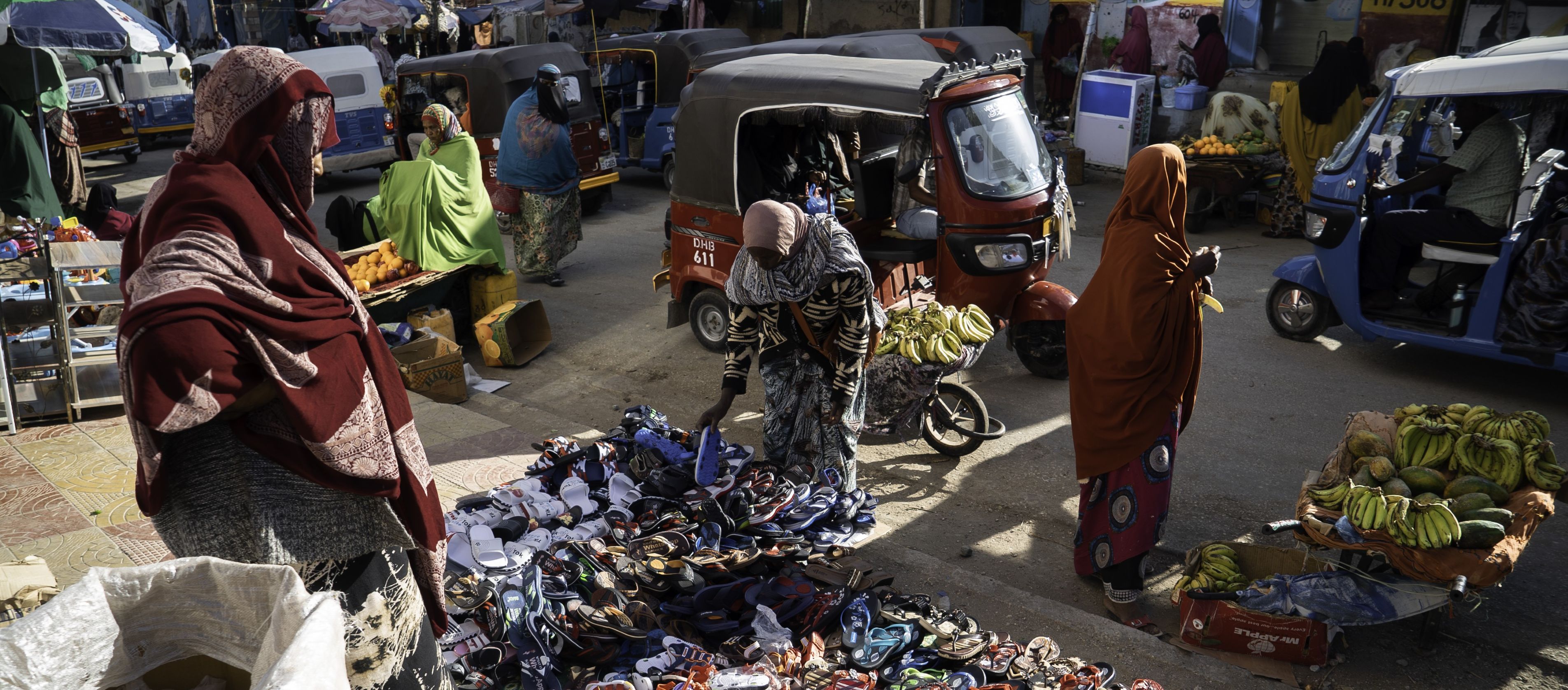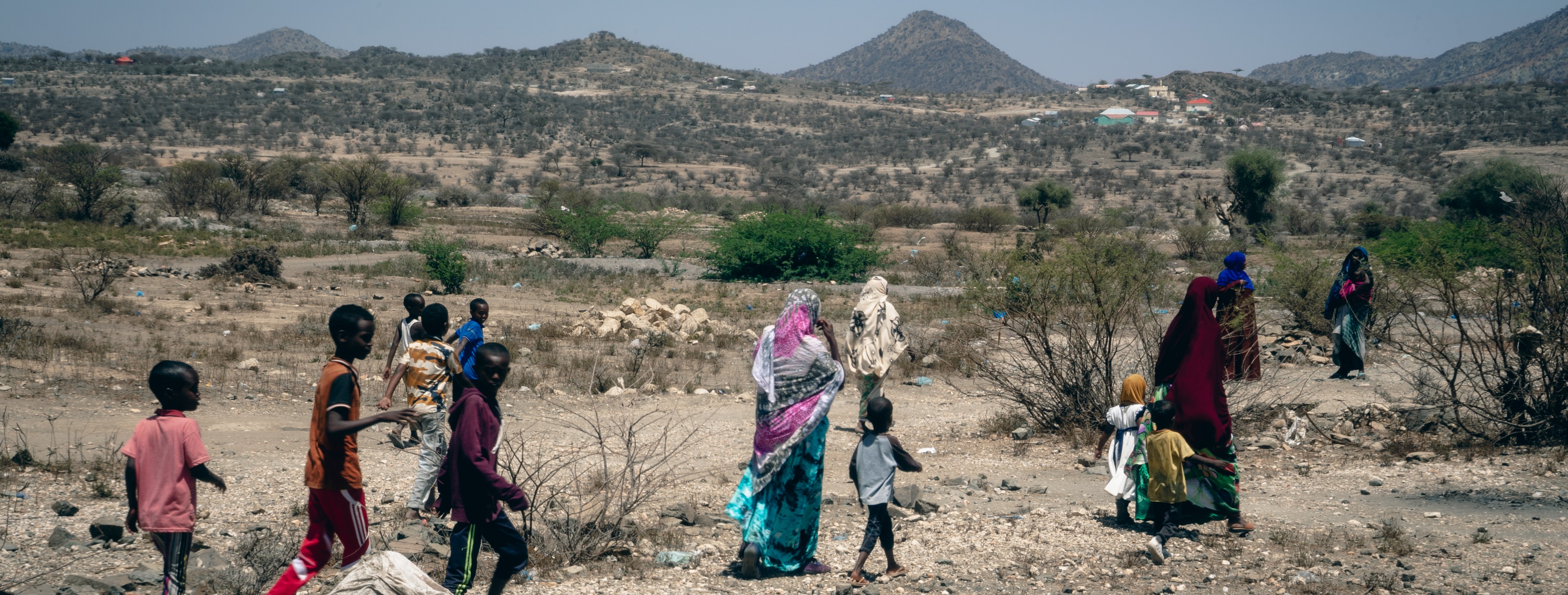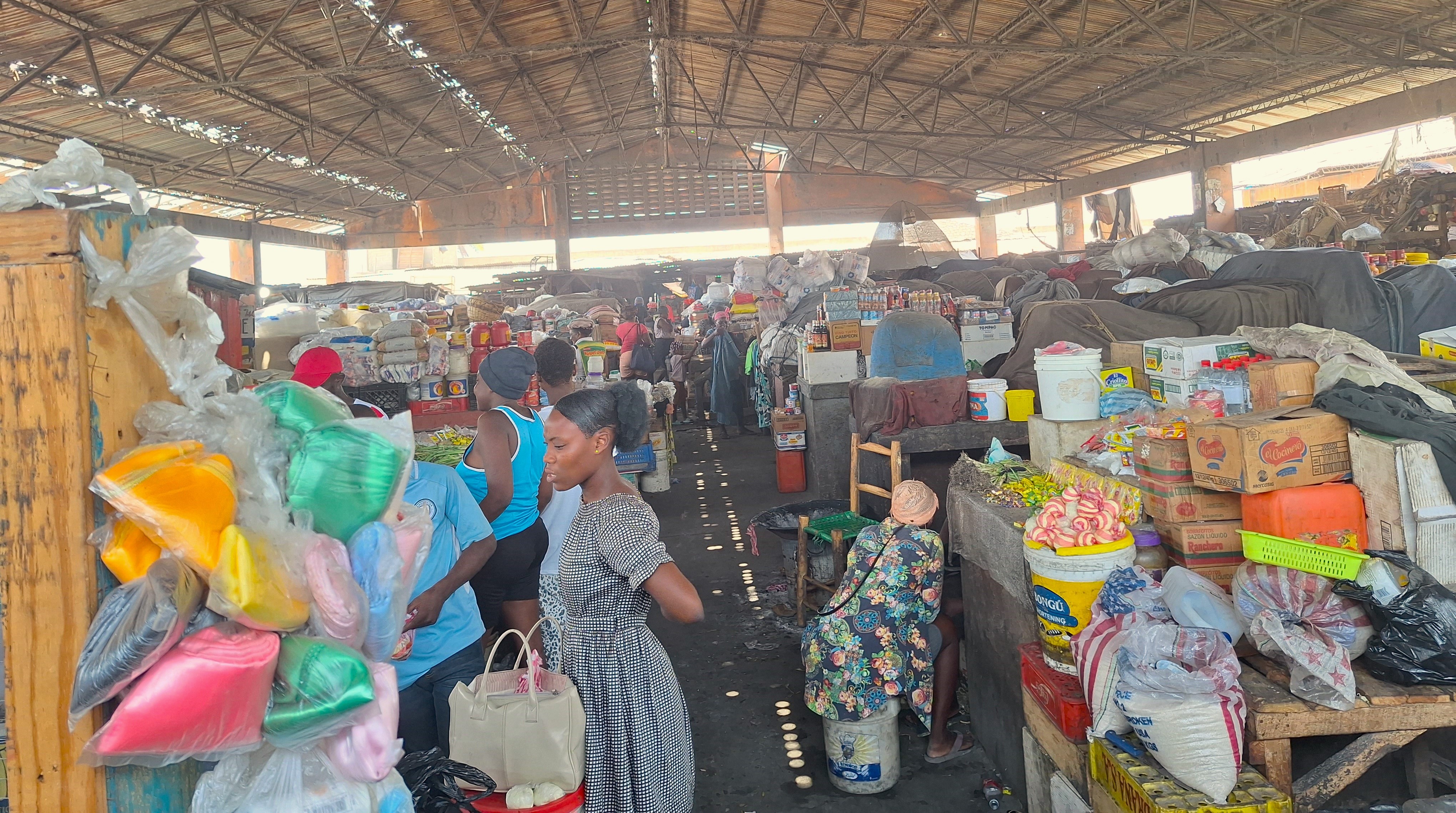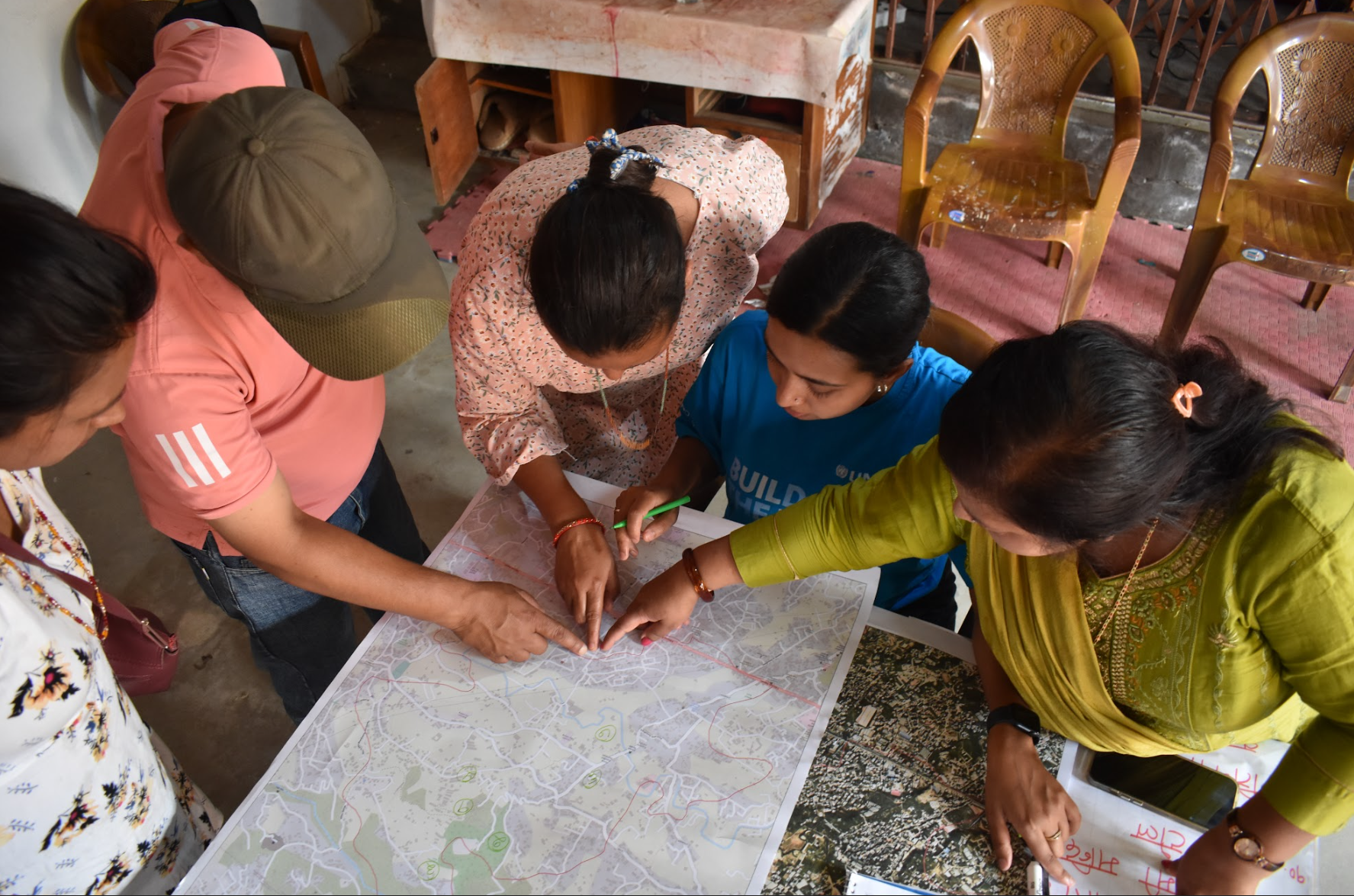On 5 November 2020, Cities Alliance and St.Gallen Institute of Management in Latin America (GIMLA), supported by a broad number of organizations, hosted the Urban Thinkers Campus event: Slum Upgrading in Sub Saharan Africa - Learning Globally from Local Practices on City-wide Strategies to Address Informality.
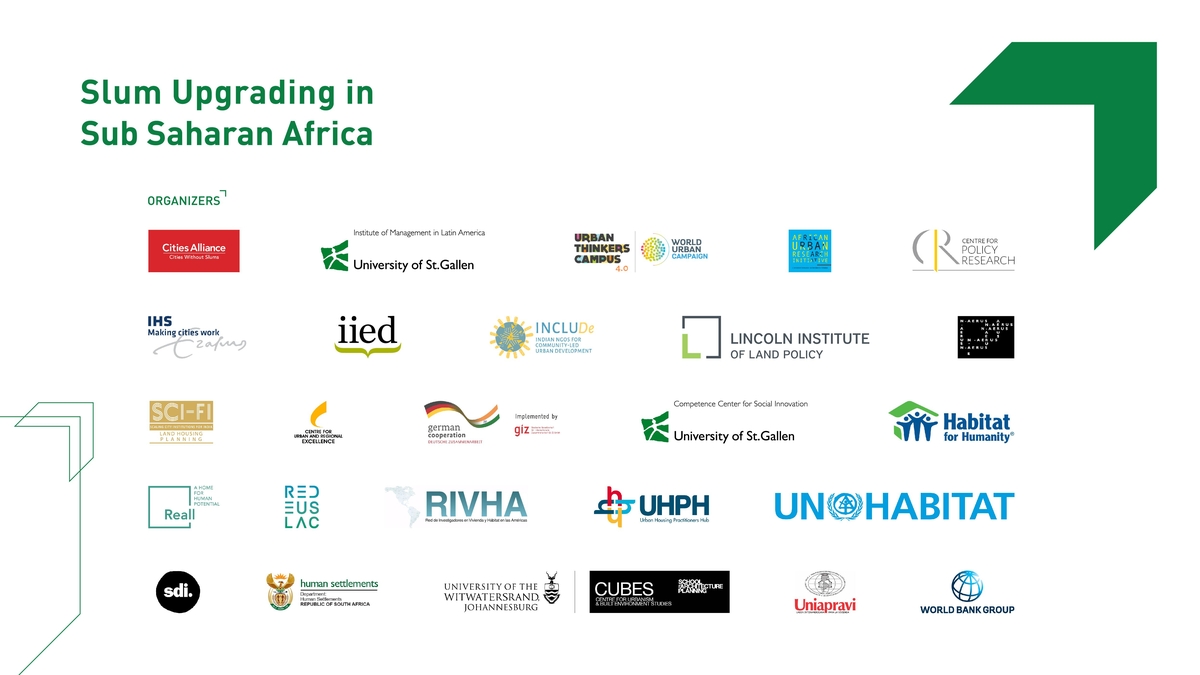
The webinar presented three promising city-wide initiatives that aim to improve the lives of slum dwellers and reduce inequality in access to urban infrastructure and amenities in Sierra Leone, Kenya, and South Africa. In addition to the webinar, a round table discussion was conducted with more than 50 different strategic practitioners to position these efforts within the larger challenge of the unfolding pandemic. The debate centred around necessary adjustments to these strategies and how slum-upgrading could be made a priority in the post-COVID recovery process.
Marie Huchzermeyer, Professor at the School of Architecture and Planning at Wits University, opened the debate with an inspiring presentation, highlighting the concern that the terms ‘upgrading’ and 'reblocking' are often confused with temporary measures. Even with these measures, inhabitants of slums often continue to live in uncertainty, in substandard living conditions, unable to securely invest in improving their housing. As the pandemic places increased pressures on existing informal settlements to absorb impoverished households, rental markets evolve, densities increase, and settlements expand onto marginal and risk-prone land.
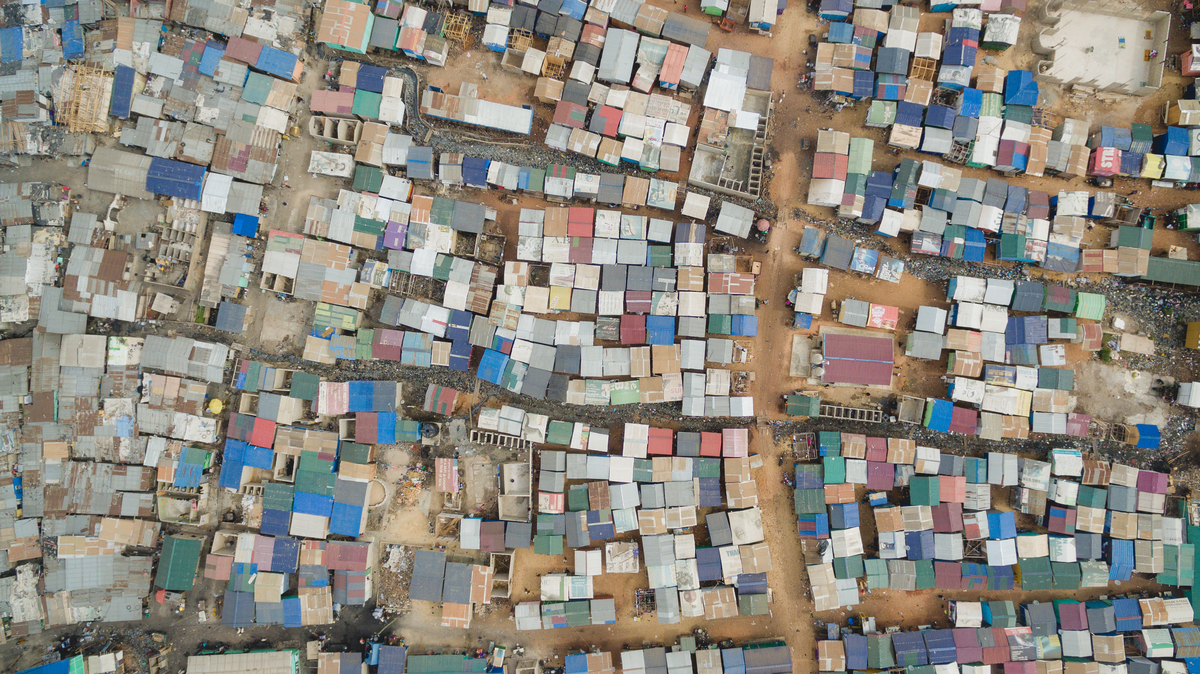
Prof. Huchzermeyer also highlighted that the pandemic has catapulted universities, NGOs and research or policy institutions into new modalities that involve working online. This has enabled connectivity across vast distances. It has opened the potential for experts across the globe to offer research and skills to, but also learn from, local upgrading processes on the African continent. However, this new way of working has exposed a stark digital divide and may pose new challenges to leaving no one behind in its quest for transdisciplinarity and co-production.
To affect the ‘pipelines’ for individual informal settlements, these national commitments need to filter into municipal strategies, city-wide spatial plans and budgeting processes
Vera Bukachi, Research Director at the Kounkuey Design Initiative of Nairobi, Kenya, coordinated the intervention of the three panellists introducing the three cases studies.
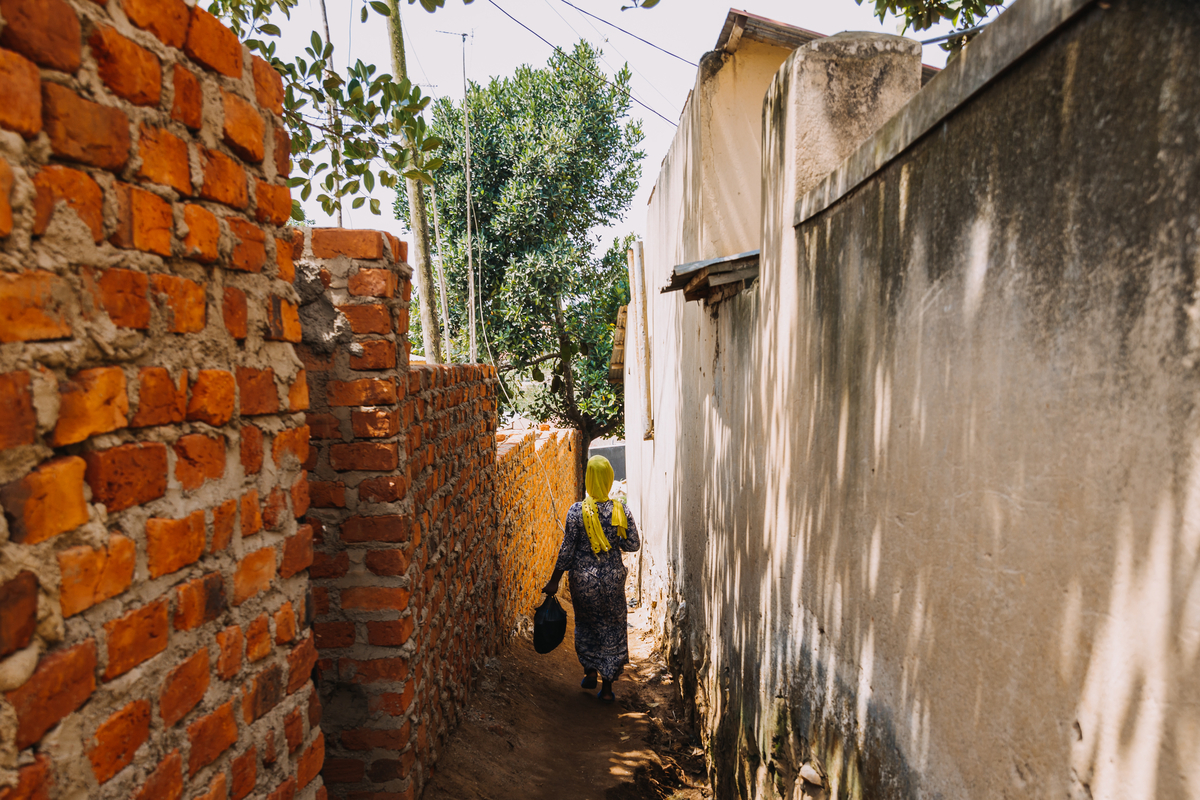
Seila W. Kamunyori, Senior Urban Specialist at World Bank Group from Nairobi, introduced the Kenya Informal Settlements Improvement Project (KISIP) which aims to improve the living conditions of people living in informal settlements in select urban centres. Ms Kamunyori highlighted the strategic role of the Settlement Executive Committees (SECs), the main representative community-based institution leading the overall processes related to planning and implementing basic infrastructure. Similarly, she presented the Grievances Redress Committees (GRCs) which has a more focused role in grievance resolution as a “first line” of response to stakeholder concerns.
It is important to institutionalize slum upgrading in order to ensure sustainability and leverage government and private sector intervention
From South Africa, Faizal Seedat, Senior Manager of Human Settlements at eThekwini Municipality, and Mark Misselhorn, CEO at Project Preparation Trust, presented the experience of eThekwini Metropolitan Municipality of the slum upgrading process. They discussed the processes of formal housing provisions (which took place from 1994 to 2010); to interim services provisions (which took place from 2010 to 2020); to the final optimised city-wide incremental upgrading, which is framed on a differentiated, city-wide approach as per settlement categorisation, aimed at strategic aspects such as incremental planning solutions, optimised pipeline planning and prioritization, or expanded partnerships with CSOs, among others areas.
We are moving towards an optimised city wide incremental upgrading approach. One challenge is the coordination between municipal departments
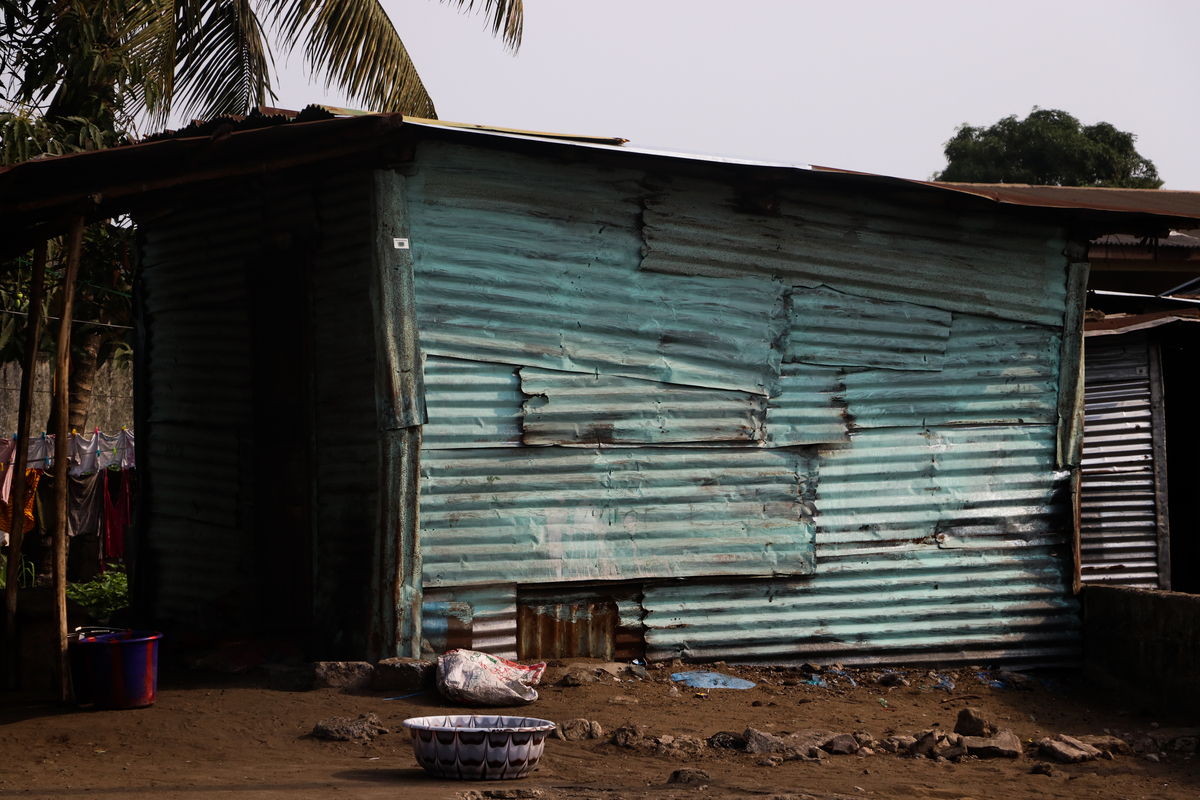
Upgrading requires sustained engagement, planning, and follow through over periods of many years. Most municipal departments are stretched to the limit addressing service backlogs
Joseph Macarthy, Executive director of the Sierra Leone Urban Research Centre stated that in Freetown, the lack of clear policies and a neighbourhood plan prevents local councils from upgrading slums to meeting residents wishes. Similarly, the limited availability of land in slums makes the provision of services (e.g. healthcare, water taps, community halls, schools, etc.) difficult to implement. However, regardless of the challenges, in the face of rapid urbanization, upgrading offers residents an opportunity to prepare for population growth and to ensure their safety. In addition, making the process participatory and prioritizing community aspirations can ensure the active involvement of the residents.
Our four D-stages of SlumUgrading Strategy: Diagnosis, Dreaming, Developing and Defining. Our key to success? Engaging the urban poor as equal partners
Mr David Morema, Coordinator of the National Department of Human Settlement in South Africa, concluded the panel by highlighting the relevance of these initiatives and stressing that they could be replicated across other cities in the region.
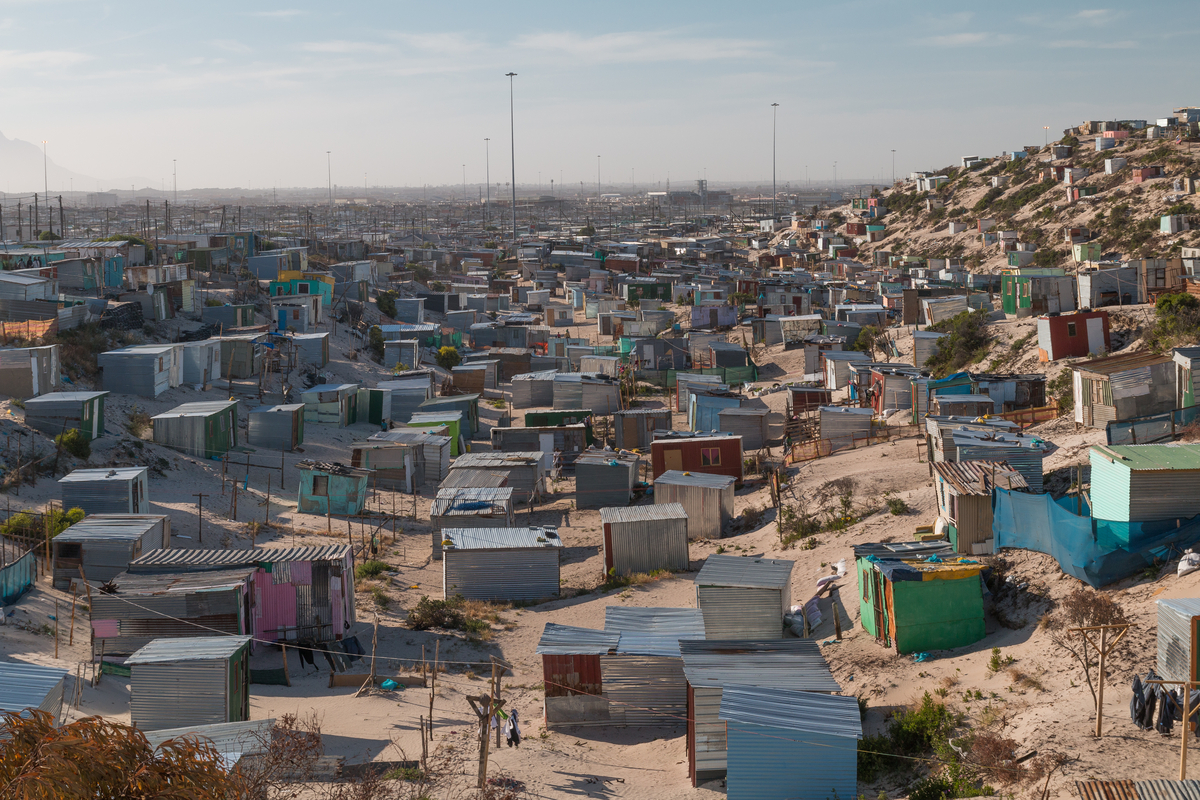
The session was complemented by a round table of practitioners moderated by Anacláudia Rossbach, Regional Manager of Cities Alliance for Latin America and the Caribbean, and Anthony Boanada-Fuchs, Academic Project Manager of the St.Gallen Institute of Management in Latin America (GIMLA). The roundtable was introduced by Kerstin Sommer, Programme Manager of the Participatory Slum Upgrading Programme of UN-Habitat.
One of the obvious challenges we have seen through COVID is that we lack data: we don’t know how many people live in informal settlements nor what are the entry points to work with their needs.
The session will be complemented by a second webinar on Slum Upgrading in Asia on December 11. Furthermore, the insights gained from these regional experiences in slum upgrading projects will directly inform a special session at the LAC Regional Housing and Habitat Forum envisioned for May 2021.


